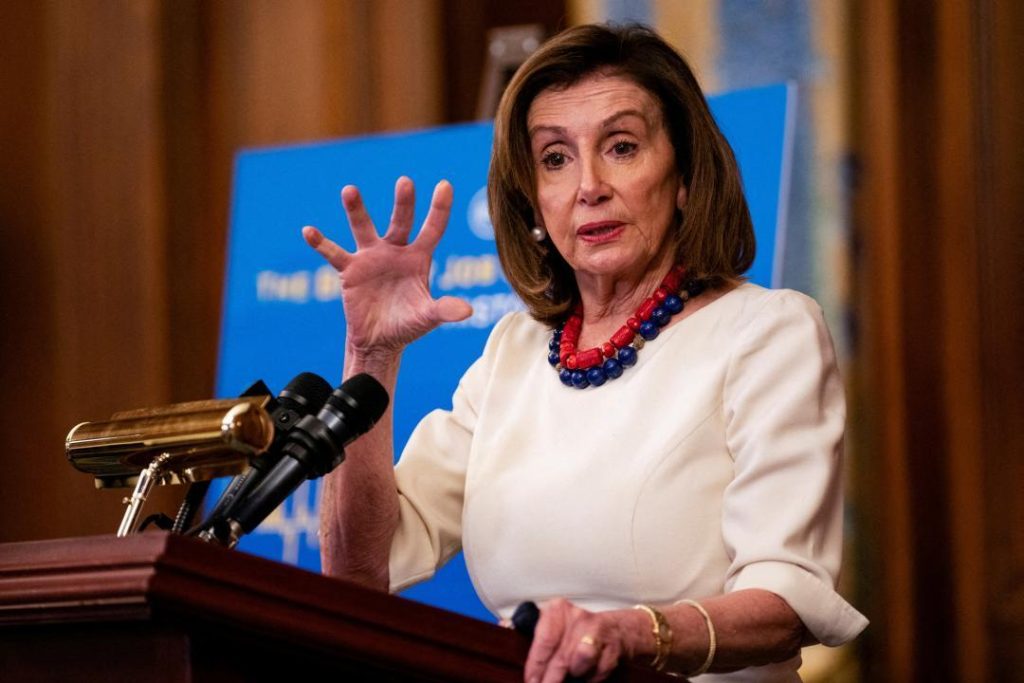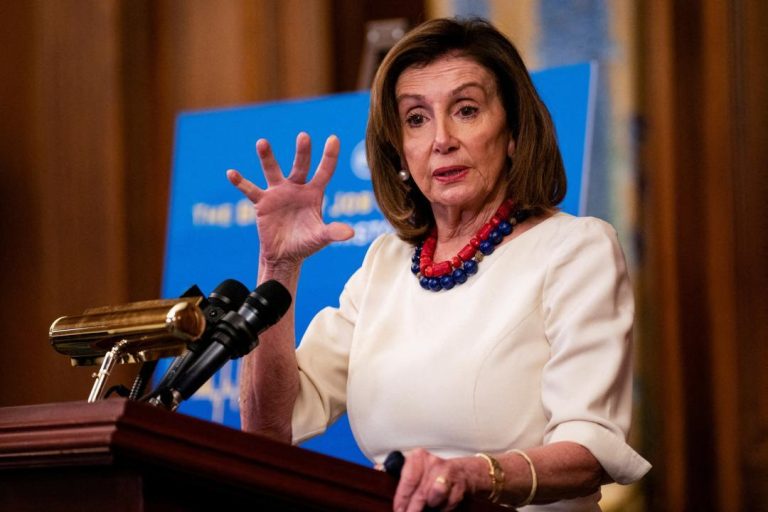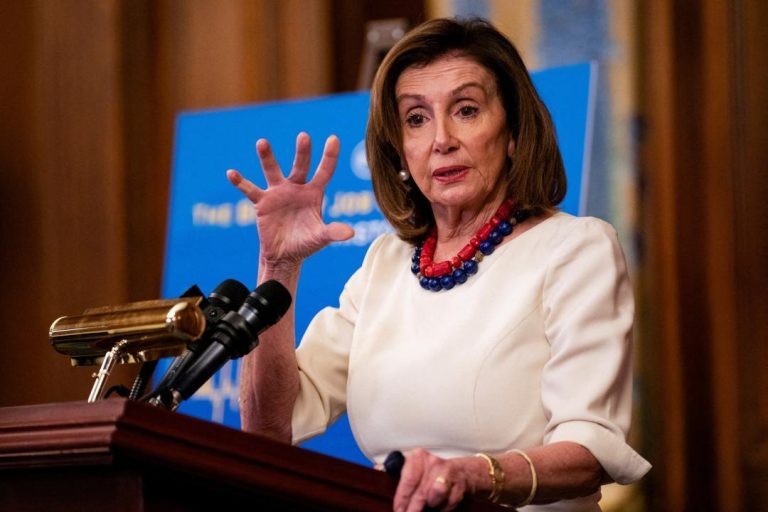
What is PELOSI Act & why is it named after former US Speaker Nancy Pelosi?
The recent reintroduction of the Preventing Elected Leaders from Owning Securities and Investments (PELOSI) Act by US Senator Josh Hawley has sparked a flurry of discussions about the role of lawmakers in the US financial markets. The Act proposes to prohibit elected officials and their spouses from holding or dealing in stocks while holding office, aiming to reduce conflicts of interest and promote transparency.
The PELOSI Act is named after former US Speaker Nancy Pelosi, who has been at the center of controversy over her family’s financial gains during her time in office. Pelosi’s husband, Paul Pelosi, made significant profits from trading stocks, including those in companies that were affected by his wife’s policy decisions. This has led to accusations of insider trading and conflicts of interest.
So, what does the PELOSI Act propose, and why is it named after Nancy Pelosi? Let’s dive into the details.
What does the PELOSI Act propose?
The PELOSI Act proposes to prohibit elected officials and their spouses from holding or dealing in individual stocks while holding office. This means that lawmakers would no longer be able to invest in or trade individual stocks, including those in companies that are affected by their policy decisions.
However, the Act does allow lawmakers to invest in certain types of securities, such as mutual funds (MFs), exchange-traded funds (ETFs), and Treasury bonds. These investments are considered less risky and less likely to create conflicts of interest.
The Act also proposes to establish a blind trust for lawmakers, which would allow them to invest in securities without knowing the specific companies or assets held in the trust. This would prevent lawmakers from benefiting directly from their policy decisions.
Why is the PELOSI Act named after Nancy Pelosi?
The PELOSI Act is named after Nancy Pelosi, the former Speaker of the US House of Representatives, due to the controversy surrounding her family’s financial gains during her time in office. Pelosi’s husband, Paul Pelosi, made significant profits from trading stocks, including those in companies that were affected by his wife’s policy decisions.
In 2021, Paul Pelosi bought between $1 million and $5 million worth of stock in Micron Technology, a company that was set to benefit from a government contract. This move was criticized by lawmakers and the public, who saw it as a clear conflict of interest.
The controversy surrounding Pelosi’s family’s financial gains led to calls for greater transparency and accountability in the US financial markets. The PELOSI Act is seen as a step towards addressing these concerns, by prohibiting lawmakers and their spouses from holding or dealing in individual stocks while holding office.
What are the implications of the PELOSI Act?
The PELOSI Act has significant implications for the US financial markets and the role of lawmakers in them. If passed, the Act would:
- Reduce conflicts of interest: By prohibiting lawmakers from holding or dealing in individual stocks, the Act would reduce the potential for conflicts of interest and insider trading.
- Increase transparency: The Act’s requirement for lawmakers to disclose their investments and financial transactions would increase transparency and accountability in the US financial markets.
- Promote ethical investing: The Act’s focus on blind trusts and investments in less risky securities would promote ethical investing and reduce the potential for lawmakers to benefit directly from their policy decisions.
However, the PELOSI Act has also raised concerns about the potential impact on lawmakers’ ability to make informed decisions about policy. Some argue that prohibiting lawmakers from holding individual stocks would limit their ability to make informed decisions about financial issues.
Conclusion
The PELOSI Act is a landmark piece of legislation that aims to reduce conflicts of interest and promote transparency in the US financial markets. Named after former US Speaker Nancy Pelosi, the Act proposes to prohibit lawmakers and their spouses from holding or dealing in individual stocks while holding office. If passed, the Act would have significant implications for the role of lawmakers in the US financial markets and promote ethical investing.
As the debate around the PELOSI Act continues, it is clear that the issue of conflicts of interest and insider trading is a complex one. However, by promoting transparency and accountability, the PELOSI Act offers a step towards restoring public trust in the US financial markets.



